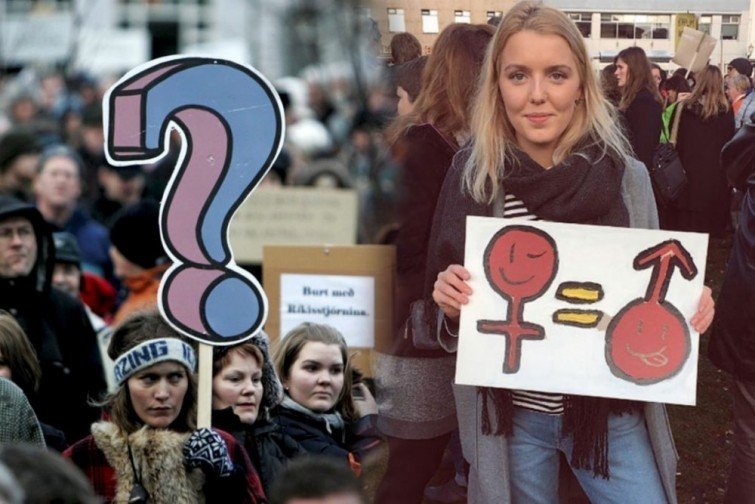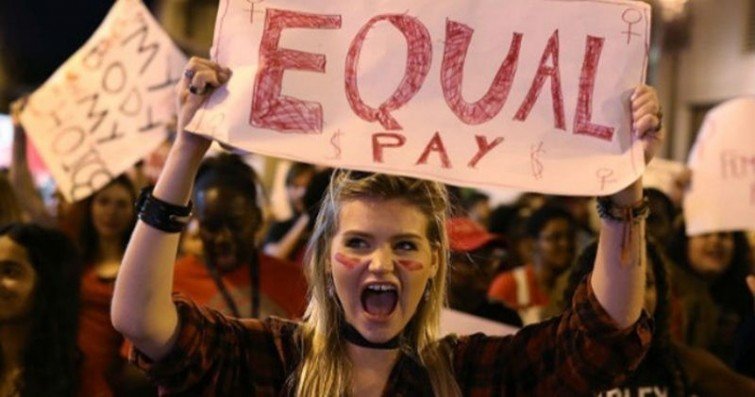Beginning in 2018, Iceland passed a law that will surely set a trend, and although it is highly anticipated in many countries, it is the first of its kind in the world: a law that establishes the illegality of the sexist difference in wages.
With a population of just 338,349 inhabitants, Iceland is one of the most innovative countries in the world, not only for its advances in education, but also in its search for gender equality.
According to data compiled by the UN, with almost 80% of women active in the labor force, Iceland has one of the highest labor participation rates in the world. Despite this progress, there is a gender wage gap: women are paid 5.7% - 18.3% less than men.

What does the law say?
The regulation establishes that Iceland must eliminate the gender wage gap by 2022, ensuring that women receive equal pay for equal work. For the first time, the government will launch a top-down audit of the gender pay gap in all Icelandic companies, from the largest companies to family businesses.
The labor reform was voted in March 2017 with the consensus among the political parties, but it came into force on January 1, 2018.
This year, the government will launch an action plan with several stakeholders, including the state, local authorities, social partners and the private sector.
The plan will use proven activities such as training and information campaigns as well as new innovative methods such as certification of the "Icelandic standard for equal pay management" for companies that can prove that they pay their employees equally.

Inequality is not just about wages
The wage gap is one of the cornerstones of women's claims for equality in the world and in Iceland, but not the only one. Another related claim has to do with its predominance in media information. Currently, men have a high exposure in the media: the trend is more pronounced in the area of computer games and movies.
Research has found a link between women "behind the screen" and women "on the screen": films directed by a woman have more female characters than those directed by men. In addition, the investigations highlight the tendency of audiences to internalize the 'norms' they see, hear and read in the media.
Achieving a gender balance in the media is a key step to achieve gender equality in general. The government of Iceland is committed to achieving parity in the media industry by 2020: men and women will enter and lead this field in equal numbers.

What matters most is the ability to compete for jobs, for work, for employees, and everything. The key in that is in the decline of taxes. If your employer is not paying you enough, then please try to find a new employer or try your best to start your own business.